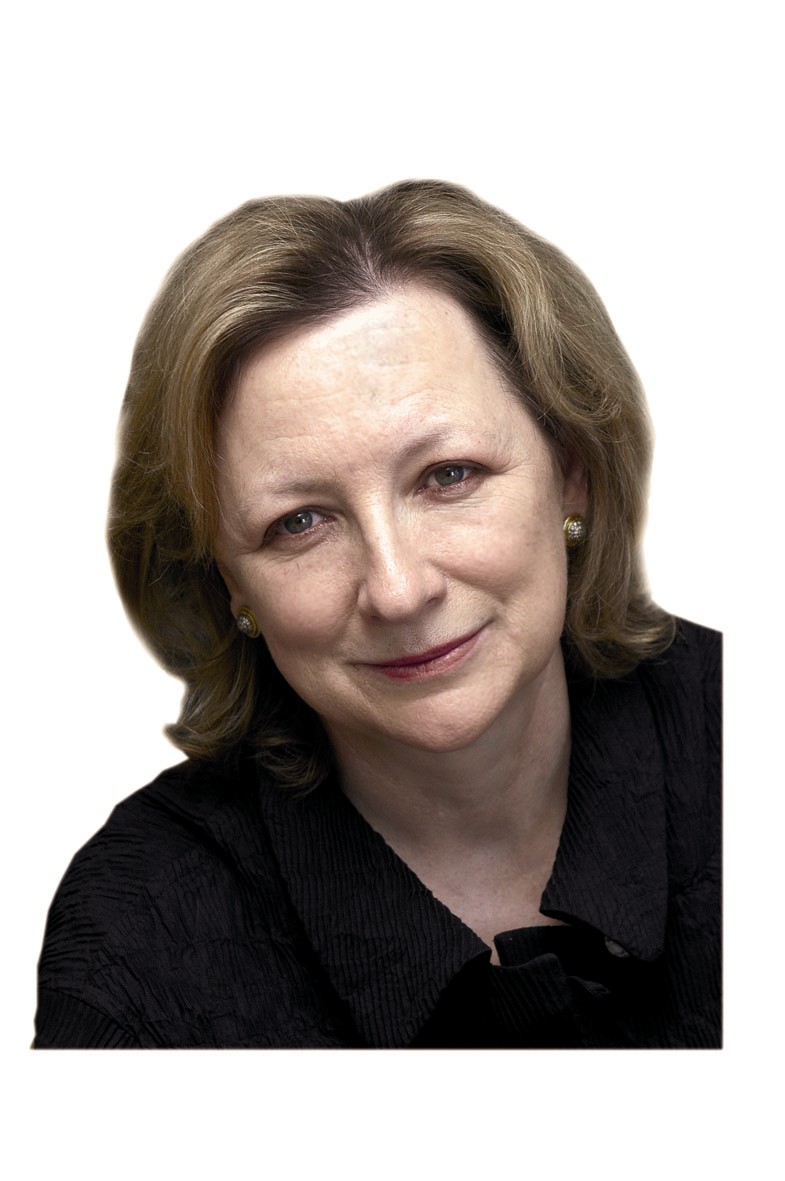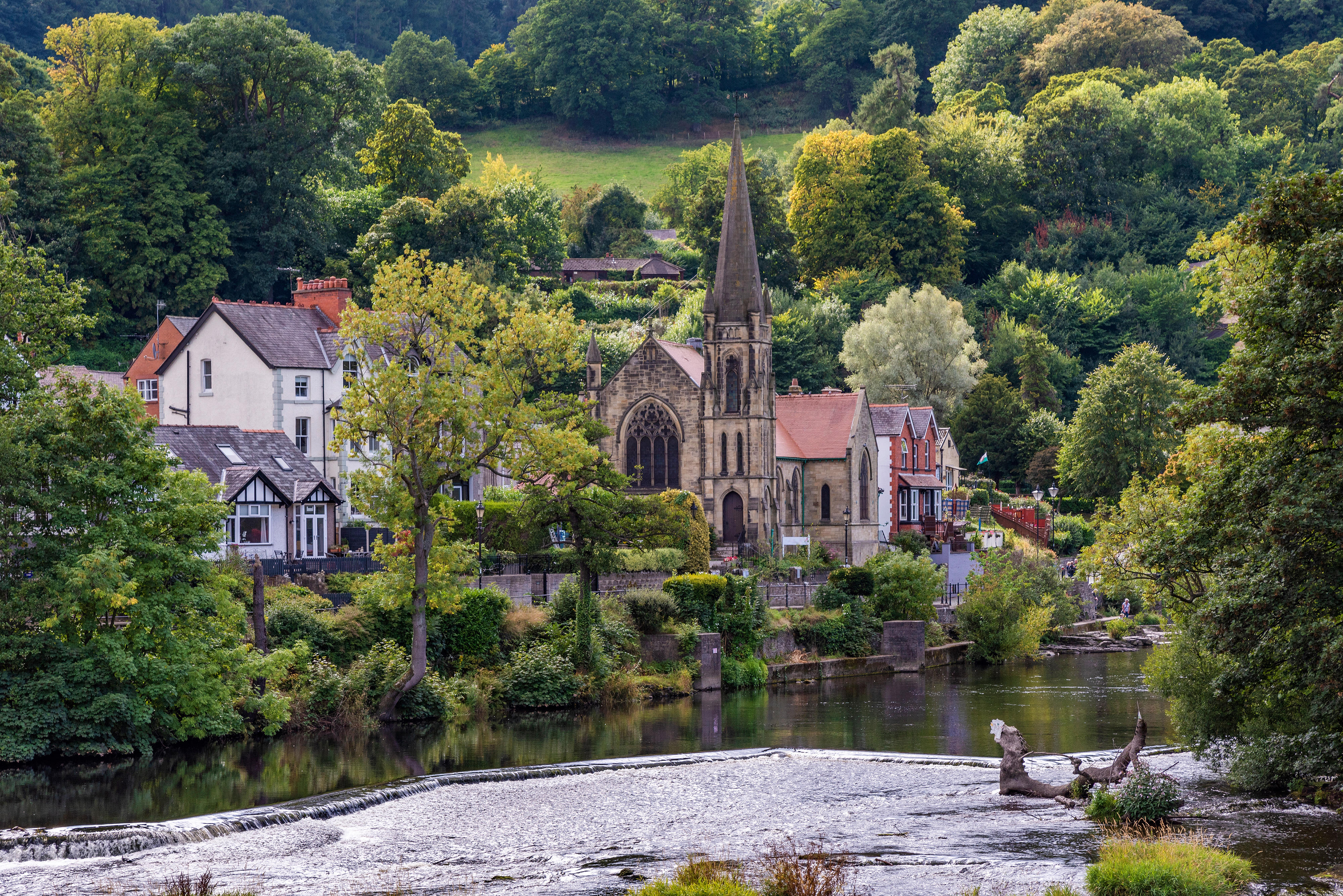Carla Carlisle on farming poppies
Why grow poppies for medicinal purposes here when we could offer to help dismantle the poppy-growing operation in Afghanistan and come closer to bringing our troops home?


A dinner party in one of my favourite houses in Suffolk. Elizabethan, but with high ceilings, a moat with a narrow bridge, a garden as good as Shakespeare. Inside, the romantic atmosphere of second marriages: his children, her children and a tapestry of in-laws, young newlyweds, recently engaged couples and grandchildren.
On my right is the father of the bride who married the son of the hostess last summer. I’m pleased because my neighbour is a farmer in Oxfordshire and I like to compare notes: acres under the plough, wheat varieties, stewardship levels, diversification schemes. After two glasses of Champagne, I don’t make the transition from acre to hectare with ease, so I struggle to calculate yields. But then, my fellow farmer tells me something that wakes me up: his best ‘cash crop’ is the opium poppy. He now grows 50 acres, and each year, he increases that.
There are now more than 8,000 acres of poppy fields under cultivation in England. In a scene worthy of James Bond, the location of these fields is kept secret and the growers are issued letters by the Home Office confirming the size and location of the crop, which they present to their local police station. I know that farmers are an insular lot, but this is a revelation to me. Between the salad frisée and the venison bourguignon, I discover that, for the past eight years, farmers have been cultivating increasing amounts of opium poppies for medicinal use. The poppies, the same ones that the illegal Class
A drug heroin is derived from, are used to produce legal morphine for the NHS. It seems there’s a worldwide shortage of medical morphine. Anyone can grow opium poppies because the crop isn’t controlled by legislation— only the processing of the plant to extract narcotic material is against the law. Farmers in the UK are all contracted by the Edinburgh pharmaceutical company Macfarlan Smith, the country’s only manufacturer of organic narcotic materials.
Perhaps it was the New Zealand Pinot Noir—my drug of choice—but I was dumbfounded by this information. Not because I begrudge my fellow farmers a steady source of income, but because there’s something here that doesn’t make sense.
In Afghanistan, British troops are fighting a ferocious and lethal war to eradicate the country’s opium-poppy crop, the trade that funds Taliban-backed terrorism. And eight years on, poppy cultivation is higher than ever, especially in Helmand Province, the source of the heroin that’s sold on the streets in Britain.
It’s hard to imagine anything dopier than Gordon Brown’s pronouncements on ‘eradication of the poppy trade’ in Afghanistan, which provides more than half that country’s GDP, unless it’s his chants about winning a war in that poor, impenetrable country where Britain has never won a war. No invaders have. Common sense and a little history point to two things. Accept that the British campaign to rid Afghanistan of opium hasn’t worked. In fact, President Obama’s ‘man in Afghanistan’
Sign up for the Country Life Newsletter
Exquisite houses, the beauty of Nature, and how to get the most from your life, straight to your inbox.
Richard Holbrooke described it as the ‘most wasteful and ineffective programme I have seen in 40 years’. It seems obvious that now we should allow pharmaceutical companies to buy all the opium crop produced in Afghanistan. So what if the more you buy, the more they’ll grow. The price will drop and they’ll diversify into pomegranates. Second: get out of Afghanistan. We can try to negotiate with feuding warlords and the Taliban, invite them to Hilton hotels for summits. But don’t let any more of our troops die trying to turn that mountainous region into a western fairytale of democracy.
At least, that’s how it looks here on Cold Comfort Farm. My fellow farmers may be unhappy to surrender their best cash crop, but it’s a small price to pay if it brings the troops home.
Country Life is unlike any other magazine: the only glossy weekly on the newsstand and the only magazine that has been guest-edited by HRH The King not once, but twice. It is a celebration of modern rural life and all its diverse joys and pleasures — that was first published in Queen Victoria's Diamond Jubilee year. Our eclectic mixture of witty and informative content — from the most up-to-date property news and commentary and a coveted glimpse inside some of the UK's best houses and gardens, to gardening, the arts and interior design, written by experts in their field — still cannot be found in print or online, anywhere else.
-
 About time: The fastest and slowest moving housing markets revealed
About time: The fastest and slowest moving housing markets revealedNew research by Zoopla has shown where it's easy to sell and where it will take quite a while to find a buyer.
By Annabel Dixon
-
 Betty is the first dog to scale all of Scotland’s hundreds of mountains and hills
Betty is the first dog to scale all of Scotland’s hundreds of mountains and hillsFewer than 100 people have ever completed Betty's ‘full house’ of Scottish summits — and she was fuelled by more than 800 hard boiled eggs.
By Annunciata Elwes